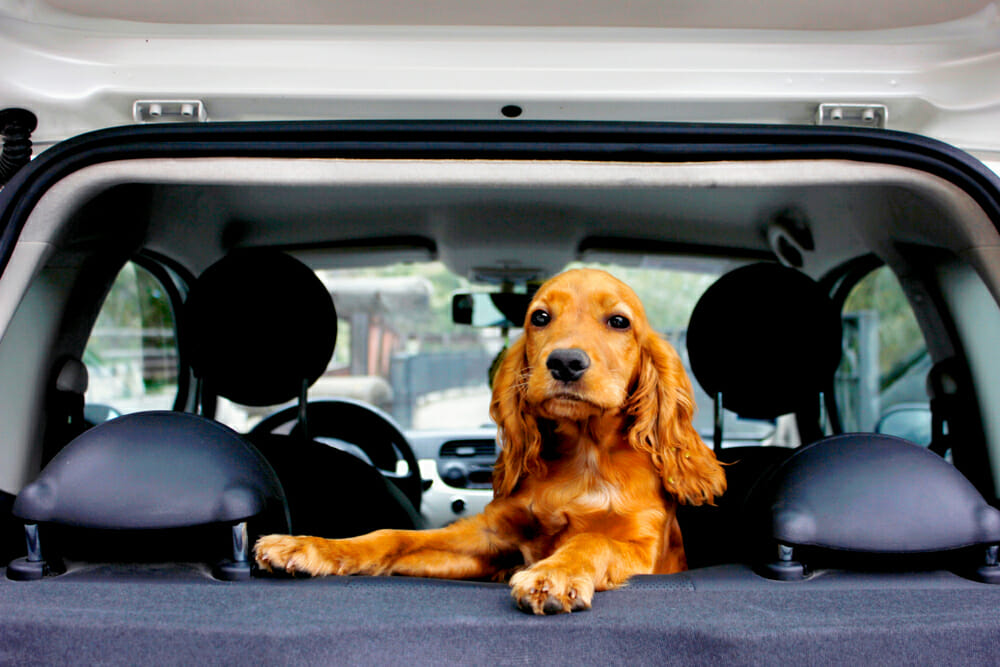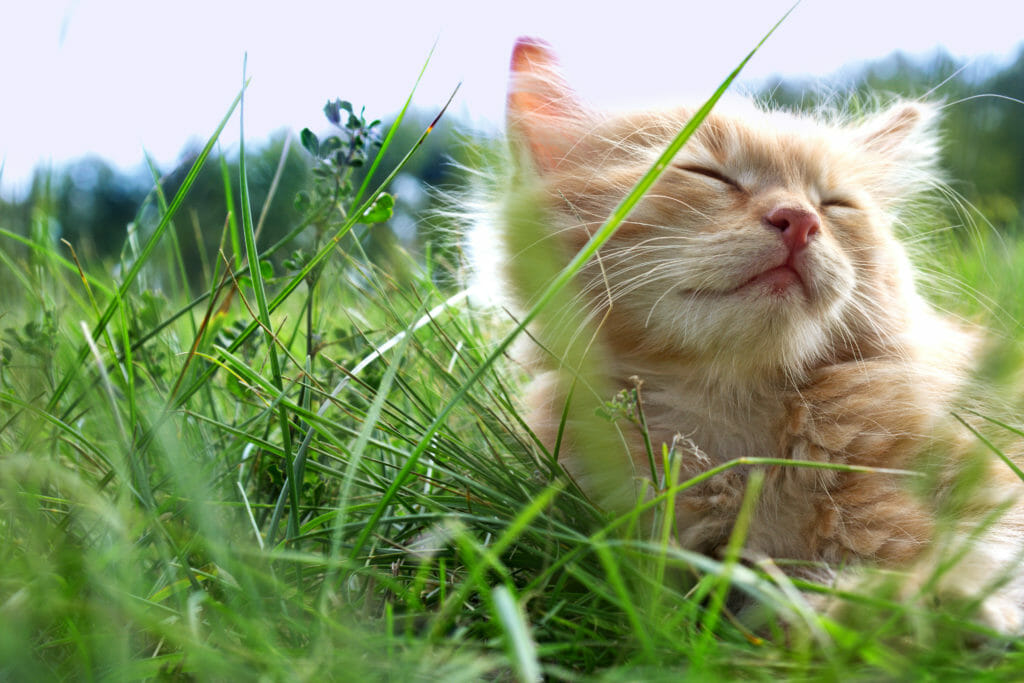We are getting into the swing of things with summer, the beach life, the hikes, the trips to the ice cream shops, leaving your pet in the car while we run to the ice cream shop…but did you know that this is not safe for your pets? The internal temperature of a car, even with the window cracked enough for air flow, can still cause your pet to get heat stroke. Even with the general knowledge out there about this, the statistics are still high. Last year alone there were over 1,000 reports of dogs being left in hot cars in British Columbia.
A normal body temperature for a cat is 37°C to 39°C and for a dog 38.3°C to 39.2°C. For every 10 minutes your pet spends in your vehicle, the vehicle’s internal temperature can increase by 10 degrees. A hot day, where the outside environment is almost or already hotter than your pet’s normal body temperature, can turn your car into an oven on wheels pretty quick. Thus, your car can go from ‘cool as a cucumber’ with the A/C on, to a boiling pot of water in less than an hour.
These are the stages that your pet will go through while you are inside the grocery store looking at something to throw on the BBQ.
- The first thing cats tend to do is sweat from their paws and dogs will start to pant and then start to sweat from their paws.
- Your pet’s gums will become tacky (sticky) and dry. Their eyes may also have a sunken-in look to them.
- Dogs and cats will progress to dry gums and a delayed skin tent. A skin tent is when a bit of the pet’s skin is pulled up and twisted 90°C normally in the scruff area. On a healthy pet, it will fall back into place right away; on a dehydrated pet, it may take a few seconds to fall back to normal.
- This stage is the final stage: poor pulses, weakness, lethargy, slow capillary refill time and, in dogs, an increased heart rate means the pet is in shock.
If your pet starts to show any of these signs, take them to a veterinary clinic right away.
We hope this blog continues to bring awareness surrounding pets being left in hot cars. Sometimes that quick grocery stop can turn into a long chat with an old friend – that’s why leaving your pet at home is better and safer for everyone.
Call or visit our hospital at 902.434.0700 for more information.
Written by: Ben Spencer, RVT
References:
The Abbotsford News




